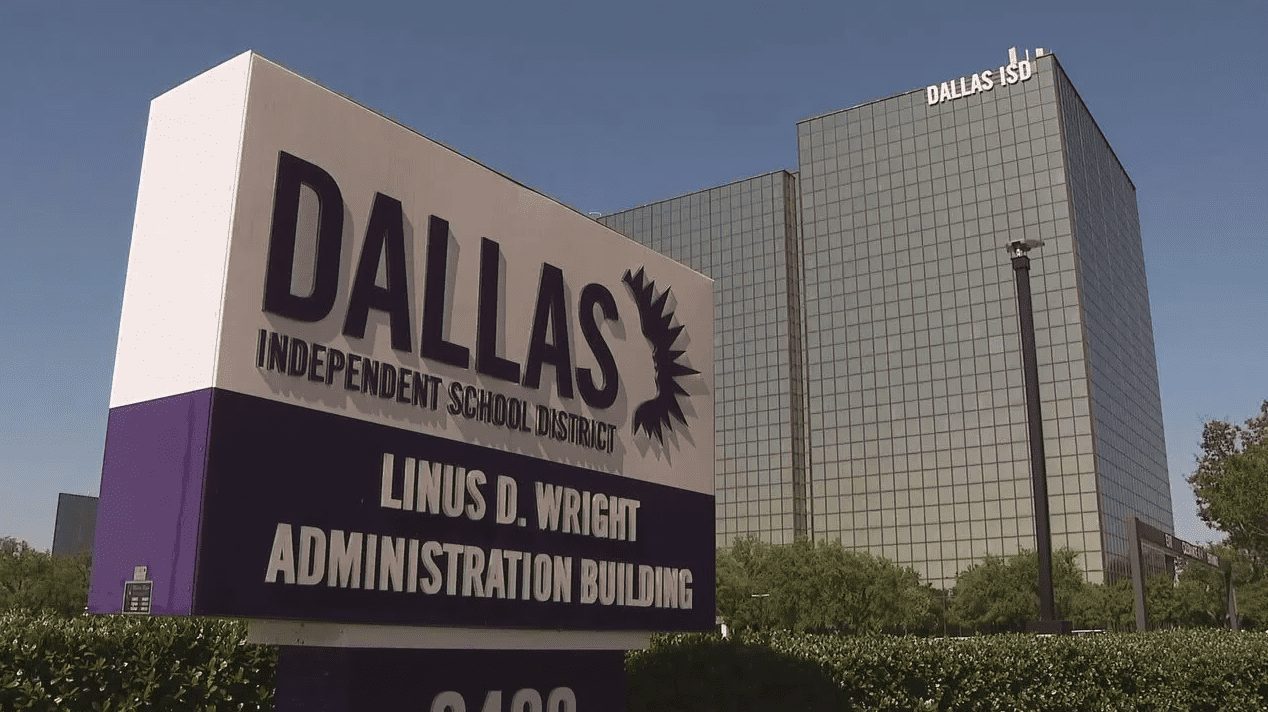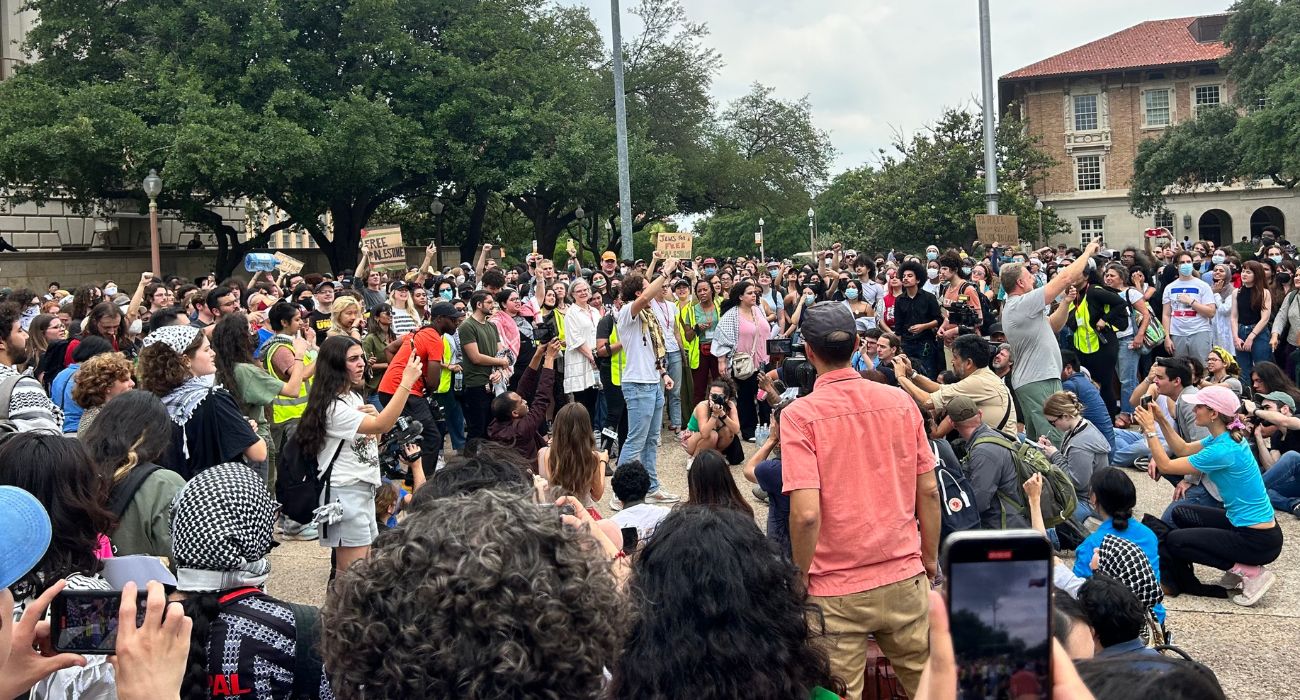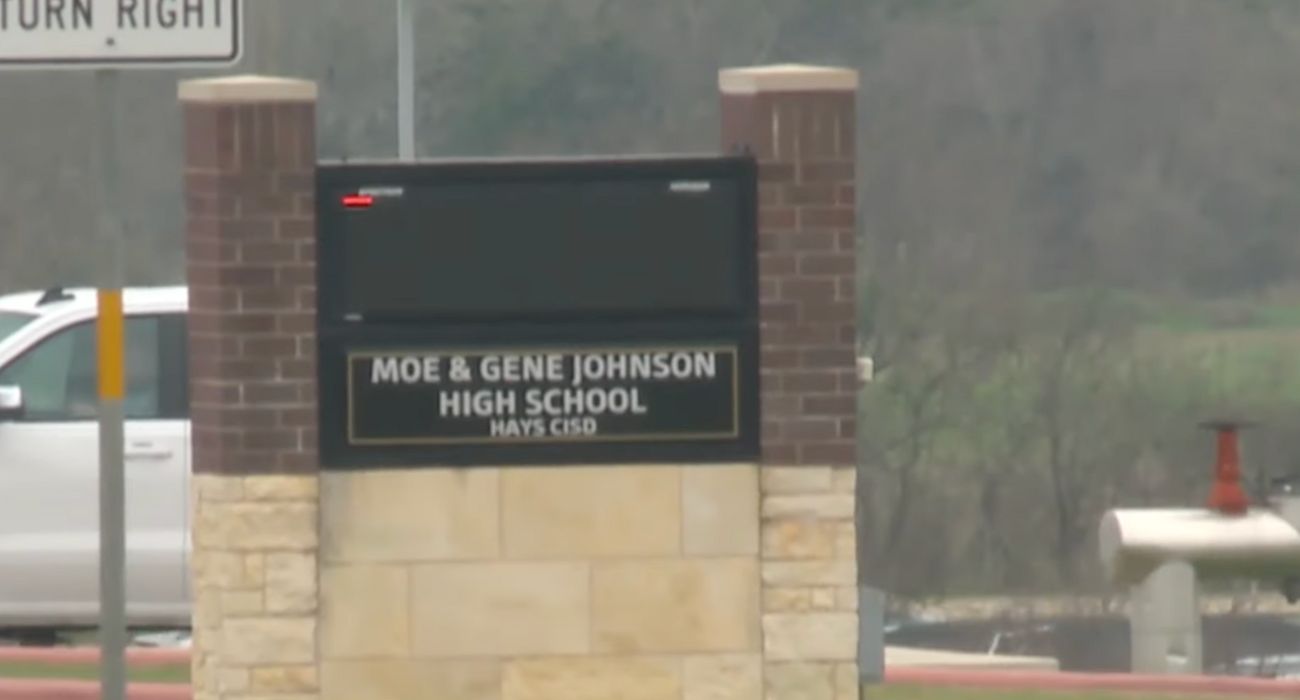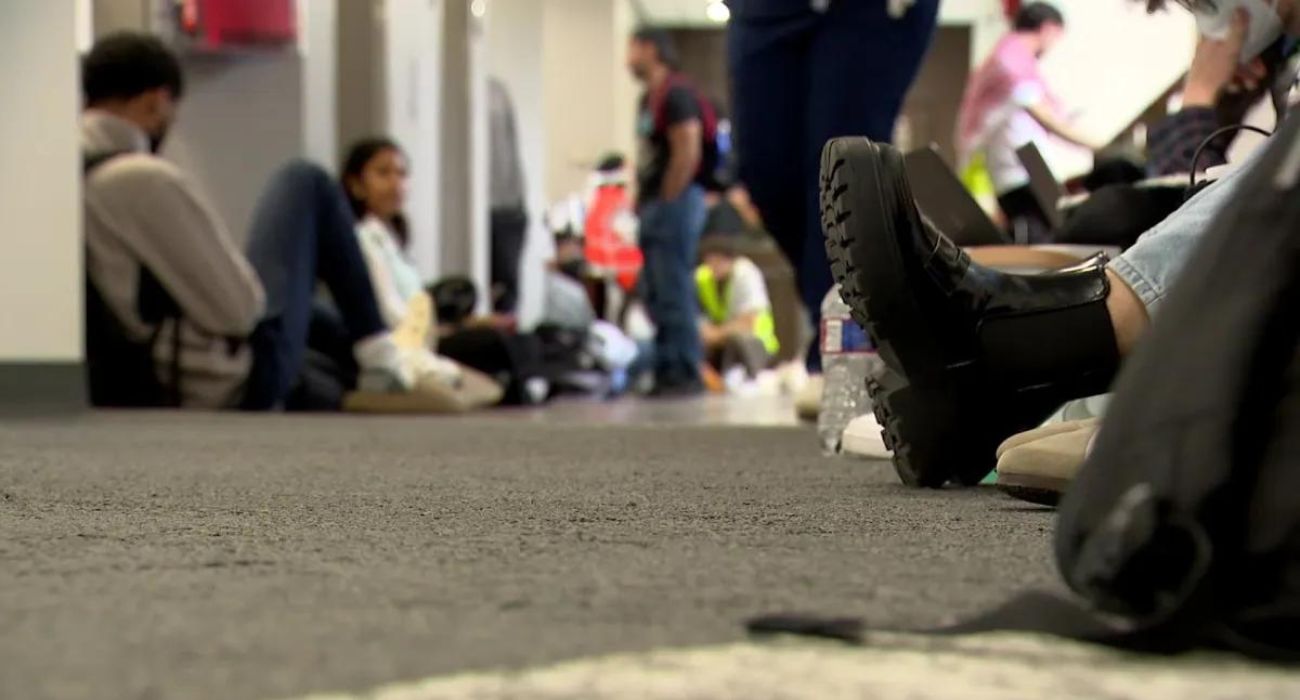Tucked inside Dallas Independent School District’s nearly $2 billion budget are provisions to attract and retain teachers and measures to allegedly reduce the system’s dropout rate and allegedly improve state standardized test scores, which the district has struggled with for years.
What isn’t in the budget is a roadmap to turn around the district’s failing approach to educating its students.
The Dallas Express examined a decade of DISD statistics and found that the current $1.86 billion DISD budget is the largest in its history and includes a hefty line item for teacher and staff pay increases. The budget shows that most pay raises are funded by the federal government’s Elementary and Secondary School Emergency Relief grant program, ‘ESSR.’
The district is relying on ESSER funds to cover more than $11 million of its payroll costs during the upcoming year. These temporary ESSER funds must be used by September 2024.
What happens to the teacher and staff pay raises after the funds run out? DISD officials either don’t know or aren’t saying.
The Dallas Express reached out to multiple school trustees and administrators, but they did not respond.
The district’s new budget bumps first-year teachers’ starting salaries to $60,000 annually, up from $56,500 during the 2021-2022 academic year. All teaching and support staff, from the janitor to the principal, will see a pay increase of upwards of $3,500 annually.
Additionally, all new teachers to the district will receive a $2,000 hiring incentive.
Tanya Shelton, executive director of school leadership at DISD, is happy about the upgrade in teacher pay, tweeting, “Excited for this win for our teachers. They deserve this and more.”
In addition to teachers receiving a pay increase, there will be a pay increase in the hourly minimum wage to $15. About 7,200 non-exempt support and operations workers within DISD will get a raise.
What impact these raises will have on student outcomes will not be known in the immediate future. School officials believe that higher pay will attract experienced teachers and ensure higher student test scores.
While grateful for the raises, some frontline educators said higher pay would not ensure teacher retention; a culture shift at the top is needed, starting with the board of trustees..
“A substantial pay increase is necessary for teacher retention, but until districts address the lack of respect for ALL educators and education employees, have realistic expectations for them, improve working conditions, define a teacher’s workday, and provide adequate resources, raising student scores will continue to be difficult,” says Rena Honea, president of the teacher labor union, Alliance-AFT.
“Our educators are tired of verbal accolades from administrators, and they’re tired of struggling to make ends meet for their families. We all need to realize that educators do outstanding work, and they should not be expected to work for free like they are now,” said Honea.
STAAR SCORES
In an era where test scores are “make or break” for districts, DISD’s overall STAAR scores would have received an F during the 2021-2022 school year if scores were handed out for this year.
During the last school year, the district had an overall 60% passing rate, the lowest DISD has scored since the exam’s inception in 2012. The low score came as students returned to the classroom following a year of remote learning due to the pandemic.
DISD has a history of underperformance on standardized tests. In 2019, 78% of Texas students passed the STAAR. In DISD that year, 73% of students passed, earning the district a grade of D. That was the district’s best result in the last 10 years.
OUTLOOK
This upcoming academic year, the district will continue to face campus security concerns, staffing shortages, and struggles to get students back on track academically, but they will do so with a new superintendent, Dr. Stephanie Elizalde, whose proclaimed focus will be “security, student management, and recruiting and retaining teachers.”
Teacher retention rates for the 2020-21 school year will be published by the end of this month, according to a statement from The Texas Education Agency. As of July 27, no stats have been released.
As far as grade retention rates — that is, the number of students who are “held back” to repeat a grade level — for 2021-2022, those figures will not be available until the summer of 2023.
The most recent statistics available show there were 145,105 students enrolled in DISD during the 2020-2021 school year, with 62.1% of the school district’s students considered “at-risk” for dropping out of school.
The teachers appear to be doing their part, where’s the district’s leadership?
This article is part of a series on DISD.







I don’t know where you get your information, but the following quote from your article is incorrect:
“All teaching and support staff, from the janitor to the principal, will see a pay increase of upwards of $3,500 annually.”
The pay increase is “up to” $3, 500 dependent upon teacher performance as ranked by TEI.
This is a poorly written article. DISD has problems enough without incompetent journalism fueling the fire.
Throwing more money at a failing school district never works. Chicago, NYC and LA have schools with the highest budgets in the nation yet they are at the bottom of the list for performance and graduation. I would say, instead of giving the poor performers already on staff more money why not replace them but because of teacher’s unions they cannot be let go.
With whom would you replace these poorly performing teachers and staff, and what is your definition of a “poorly performing teacher”? I want to understand your thoughts on this subject.
Teachers being let go is extremely counterproductive when there is currently a massive shortage. Still, a 21 y/o teacher will make more than those “experienced teachers” they want to retain. Lack of respect for the profession, lack of support from the top, little to no parent cooperation. I have a solution from all the problems stated above